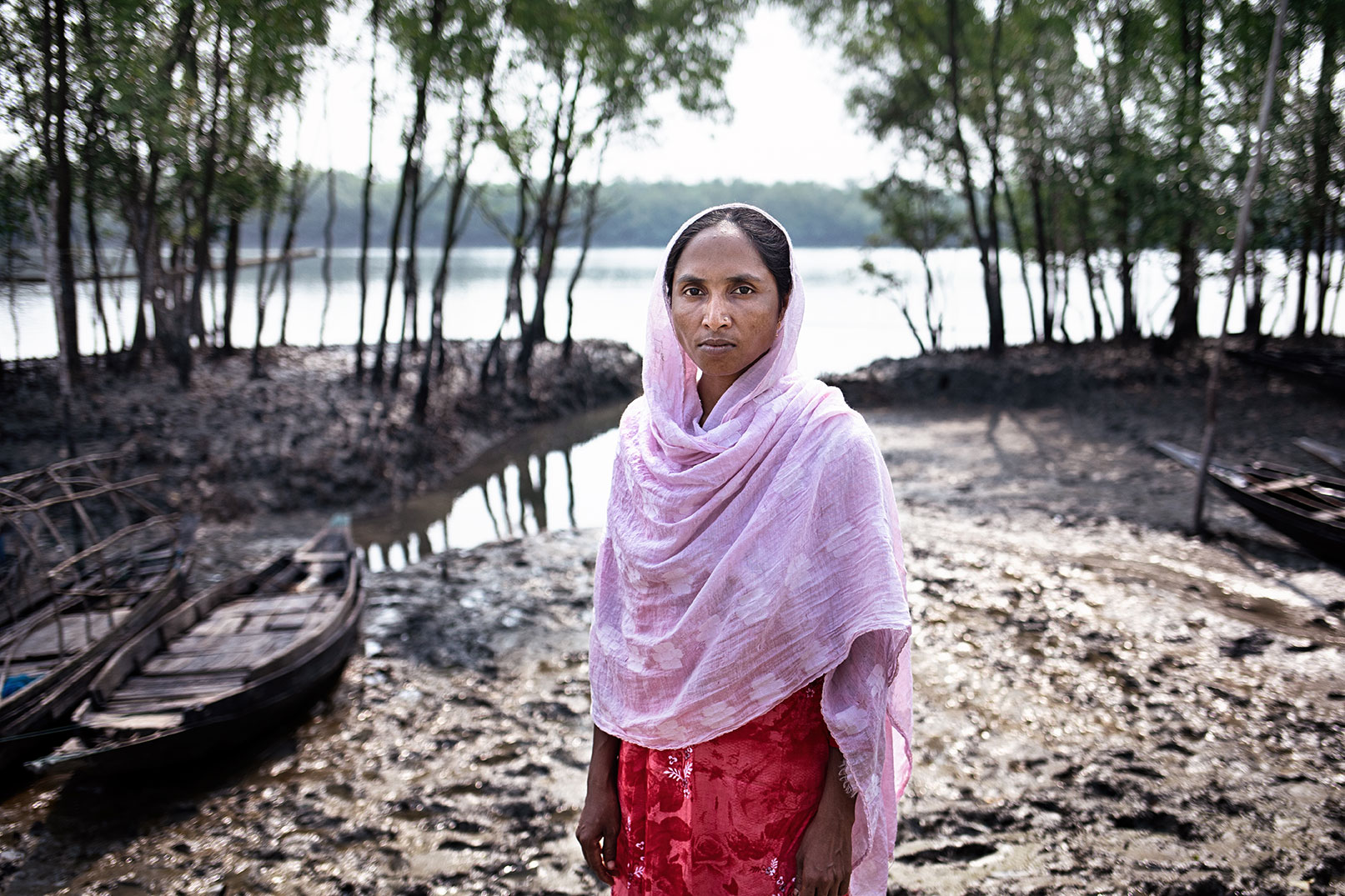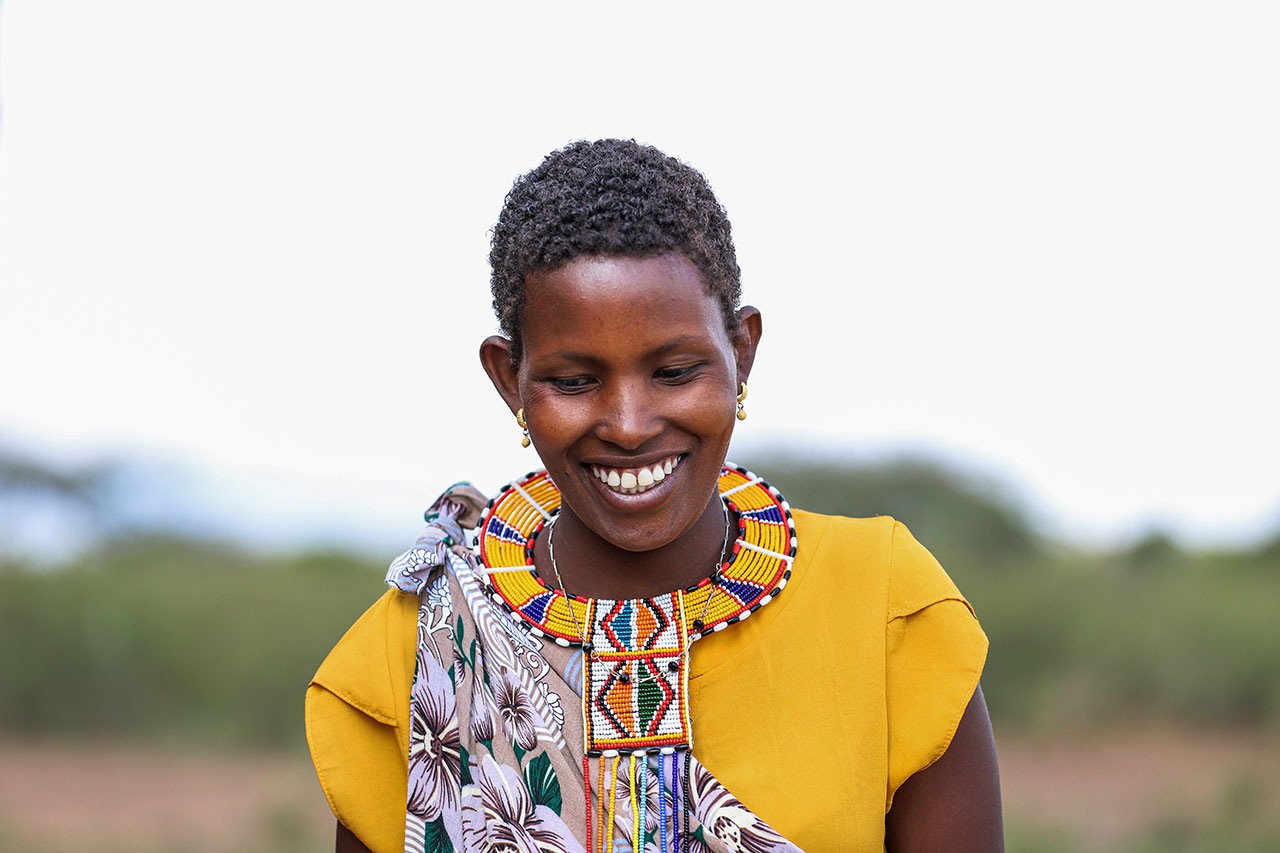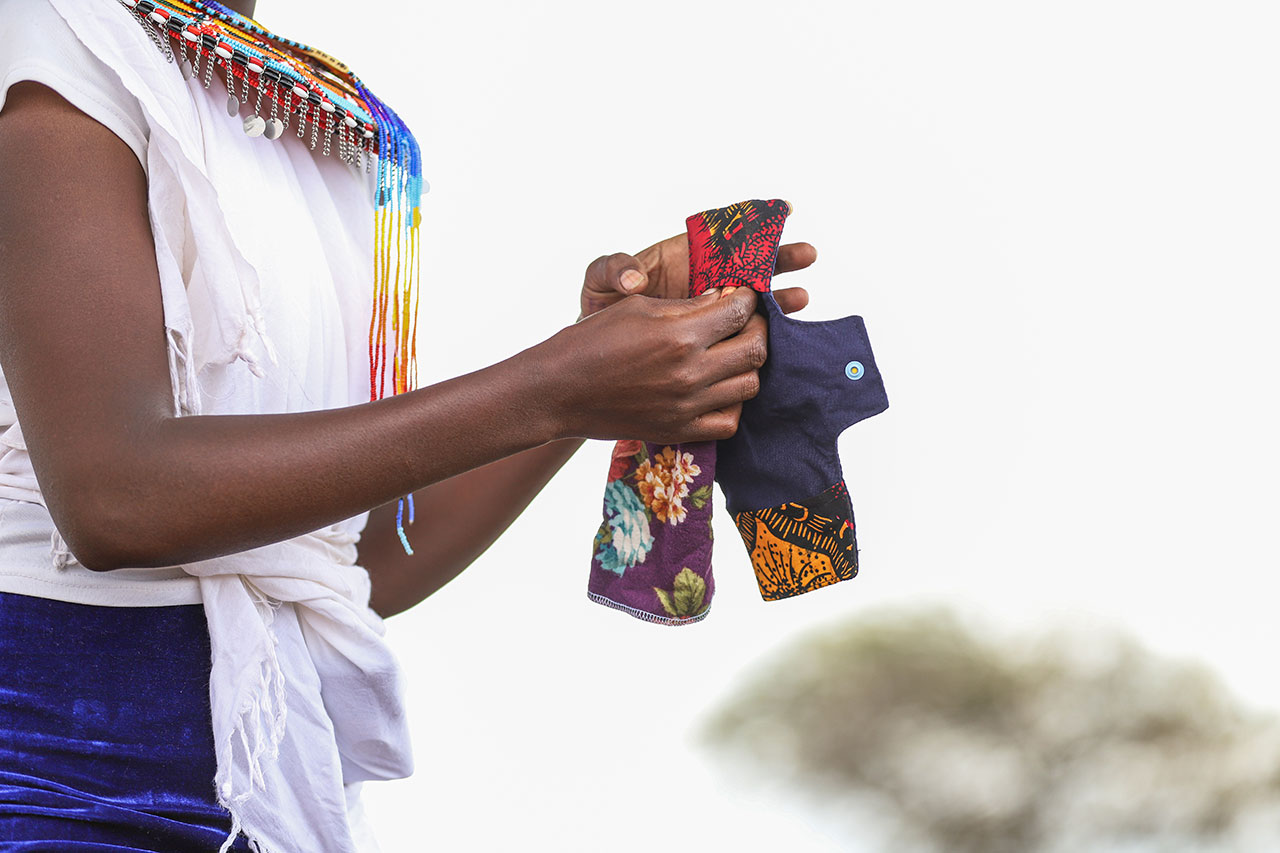Menstrual hygiene and the climate crisis are intricately connected. Our research and programmatic work have shown that as climate-induced extreme weather events such as droughts and floods increase, managing menstruation becomes even more challenging for women and girls worldwide.
Here are some specific ways the climate crisis affects menstrual hygiene:
- Droughts and destructive storms cause limited access to clean water for bathing and laundering cloth menstrual pads.
- People taking refuge in crowded shelters or camps for people displaced by extreme weather have limited privacy to take care of hygiene needs.
- Storms and floods disrupt supply chains and shatter businesses, limiting access to menstrual hygiene products.
We’ve found the harms to menstrual hygiene vary depending on where women and girls live. For example, in Bolivia the country’s water supply depends on glaciers and freshwater sources, which are threatened when glaciers melt. This can lead to conflicts over water access and worsen inequalities in sexual and reproductive health.
Our research in the Chaco region, for instance, found that adolescents report limitations on their menstrual hygiene because of water scarcity. And in Central Sulawesi, Indonesia, we studied how the climate crisis impacts women’s and girls’ sexual and reproductive health and found that destruction to health and water infrastructure by climate disasters increases poor menstrual hygiene.
As the world marks World Menstrual Hygiene Day 2024, we look at how climate change is affecting menstrual hygiene for women and girls in Bangladesh and Kenya—and what can be done about it.

Photo by Fabeha Monir for Ipas
Bangladesh
In cyclone-prone coastal areas of Bangladesh, whenever it floods, women’s and girls’ menstrual hygiene is severely compromised. Selena Parvin sees this every day as a community health volunteer in Datinakhali Village, Shamnagar, in Satkhira district.
“In our locality, girls get their period at the age of 10 or 11. When it floods all our houses and belongings are submerged in the water. Then we have to live on the boat until the water goes. We have to stay with male members on the boat and young, unmarried girls feel shy while they manage their periods. We have to care for these unmarried girls so we can help them by providing them a safe space.”
—Selena Parvin, Datinakhali Village, Shamnagar, in Satkhira district.

Photos by Esther Sweeney for Ipas
Kenya
Our research in Samburu, northern Kenya, showed that during drought season, menstruating women and girls can’t access water to bathe in, leading to infections. Ipas supports the local group Pastoralist Community Initiative and Development Assistance (PACIDA) in their work to address the links between climate change and sexual and reproductive health. PACIDA has trained women on environmentally sustainable menstrual hygiene, such as how to use menstrual cups and washable, reusable menstrual pads.
“Through PACIDA I have been taught about family planning, kitchen gardens and climate change. Before, we could not afford sanitary pads, but through PACIDA, we get the washable ones, and we are also taught about hygiene and disposal of pads.”
—Margaret Leparkry of Namaiyana Youth Group

What needs to be done
We can’t tackle the climate crisis without tackling gender equity. That’s why Ipas works to build women-led climate justice—solutions that address the underlying inequities and barriers that cause women and girls to be disproportionately affected when climate disasters strike.
Investment in sexual and reproductive health and rights and gender equality is critical, so that women and girls, young people, communities and health systems will have climate resilience in a changing world. And women should be key players in solving the crisis, through holistic approaches that improve education, build women’s economic security, and amplify the voices and solutions of women and young people.


